Do you only spend time with your partner? Does your lover check your phone daily? Are they jealous of your friends? If yes, then you just might have a possessive boyfriend or girlfriend with some serious boundary issues.
During the initial stages of a relationship, we usually feel good when our partner acts protective and possessive about us. We feel a loving sense of belonging. We feel that our partner belongs to us and we belong to them. When this sense of belonging is balanced with independence and individuality, we are able to build a healthy, lasting relationship. However, when this possessiveness is rooted in fear, insecurity and jealousy it can quickly turn into a toxic relationship where you feel controlled, suffocated and even abused.
Possessiveness is not attractive
There’s a big difference between belonging to someone in a relationship and being possessed by your partner. This can be a very tricky notion to grasp for most of us as all possessive relationships begin as the most romantic fairy tale. You feel like you’ve finally found the right person who loves and cares for you deeply. The intensity, passion and the feel-good factor of the relationship consumes you and clouds your judgment. So you ignore and overlook the warning signs and red flags that you might have a possessive boyfriend or girlfriend.
“Possessiveness reflects the fear of losing.” – Abhi
But then slowly the feelings of suffocation and being trapped starts creeping up on you. As you start noticing the possessiveness of your partner, you realize how you’ve been controlled and manipulated in your relationship. And now you feel lost and confused, unable to navigate yourself to a safer place and a healthier relationship.
Read Jealousy: How It Can Kill Your Relationship
Why possessiveness can be dangerous
At what point does innocent possessiveness become aggressive abuse? When do you realize that it’s enough? When you fail to notice and resolve possessiveness in your relationship, it can lead to severe feelings of anxiety, hopelessness, unhappiness, depression, lack of self esteem, anger, stress and mental, physical & emotional abuse.
Being with a possessive boyfriend or girlfriend can be a serious cause for concern as it can be damaging not only for your relationship, but also for your emotional and mental well being. When left unchecked, a possessive partner without any self-control to avoid aggression can exhibit dangerous behavior. When they feel threatened or challenged or if they feel afraid of losing you, they can quickly turn violent. This can be especially true for possessive male partners.
“Jealousy is a disease, love is a healthy condition. The immature mind often mistakes one for the other, or assumes that the greater the love, the greater the jealousy.” – Robert A. Heinlein
Studies have found that around 14,000 women are battered and 4 women are killed every day by their intimate partners. A 2002 World Health Organization (WHO) report stated, “intimate partner violence occurs in all countries, irrespective of social, economic, religious or cultural group.”
Read Possession in Relationships – Osho
From 48 different population-based surveys, another study on violence by intimate partners found that around 69% of adult women have said they have been physically abused by an intimate male partner during their relationship.
Although it may seem romantic to have someone love you so much that they refuse to give up on you, in reality, this can be the perfect relationship for a toxic and disastrous relationship. In a relationship, you should not be considered as a prize that your partner needs to win. Being with a possessive partner can put your happiness, mental peace, and overall well-being in jeopardy.
Is your partner possessive?
“Love is not possessiveness; many people think that’s what love is you possess somebody totally. To possess somebody is to destroy all possibility of love.” – Osho
There is a subtle difference between being a protective partner & a possessive lover. Most people are possessive in romantic relationships. This is very normal. And simply because your partner is possessive, it does not mean that they want to control or manipulate you. However, when they prevent you from living your life to your fullest potential, restrict your social life and do not support your efforts to grow & flourish due to their own insecurities and unhealthy perspective on relationships, then it’s time for you to sit up and take notice.
Love and obsession are not the same. When your partner truly loves you, you will feel free and liberated in the relationship, not bound and restricted. What begins with a little bit jealousy can easily turn into over possessiveness and control. And this can lead to emotional and abuse. Possessiveness in a relationship should never be taken lightly.
Signs of a possessive partner
“To be mature is, we’re told, to move beyond possessiveness. Jealousy is for babies. The mature person knows that no one owns anyone.” – Alain De Botton
So how can you tell if your partner is possessive? Where does protectiveness end and possessiveness begin? When does a possessive boyfriend or girlfriend start making the relationship toxic?
Here are certain traits and behaviors of a typical possessive partner that you need to watch out for.
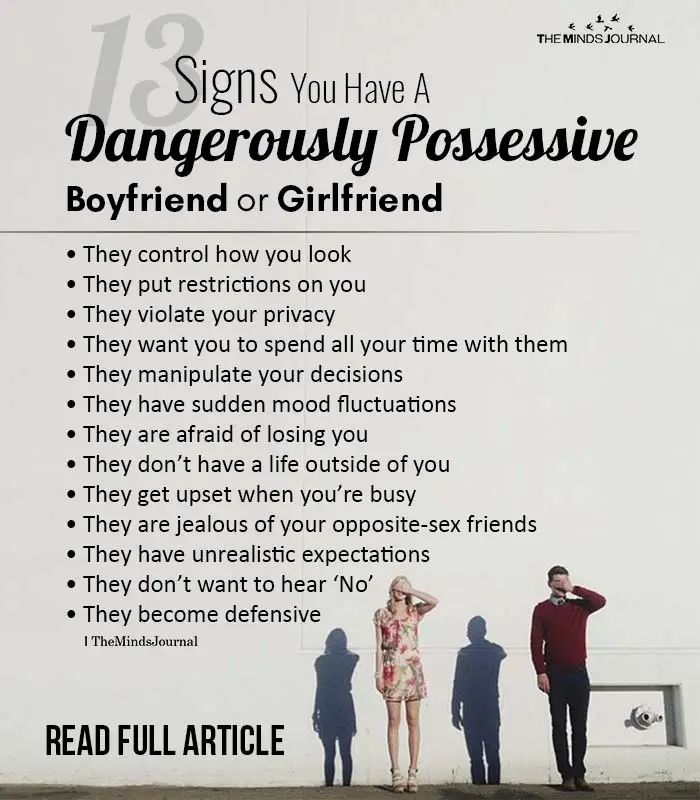
1. They control how you look
Your partner will try to control or at least influence your physical appearance by telling you what kind of clothes you should and shouldn’t wear. They may forbid you from wearing certain types of clothes like tight shirts, short skirts or revealing outfits. They may also ask you to keep your hair a particular length and even tell how they prefer you do your make-up. This certainly goes beyond healthy relationship boundaries as they encroach upon your personal space and affect your self-image.
2. They put restrictions on you
Your partner tries to limit your behavior and actions by setting limits. They tell you when you can go out and how often, who you can meet and talk to, how long you can stay out etc. This is not a part of a healthy relationship and you should never accept such behavior from your partner. Everyone deserves to live freely and choose who they want to talk to and where they want to go.
3. They violate your privacy
Being possessive, your partner is unable to trust you and may think you might be cheating on them. Hence, they feel the need to spy on you and violate your privacy. They may hack your personal devices like smartphones and laptops, they may follow you around, they may ask you to share your location constantly to check up on you. They might do this subtly or they may feel entitled and ask you to share your device passwords with them.
Read 5 Ways to Deal with a Possessive Partner
4. They want you to spend all your time with them
Does your partner want to be with you 24/7? This may look sweet and adorable but it is simply a manifestation of your partner’s insecurities. It makes them overly attached to you. They believe that they are not good enough for you and you might cheat on them, so they constantly stay in touch and check up on you to make sure you still love them.
5. They manipulate your decisions
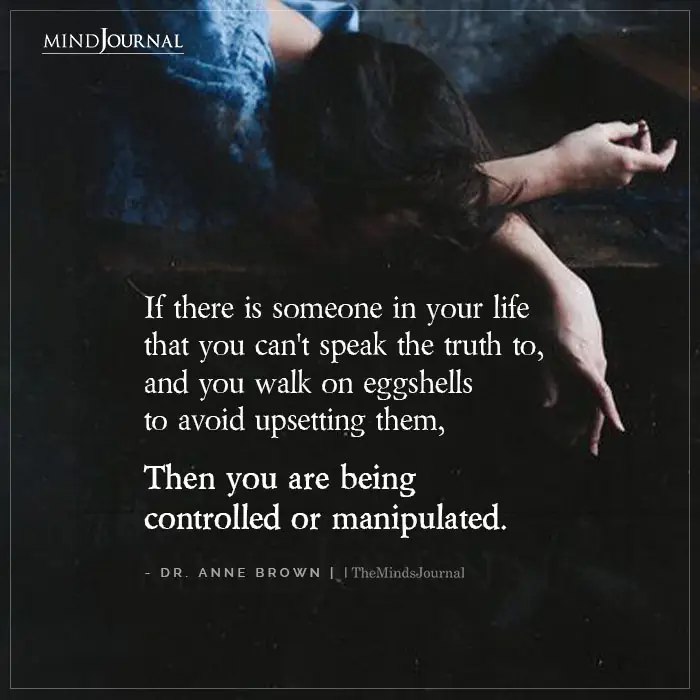
Your views and opinions have no value to them as they take your decisions for you. They will always put their opinions forward whenever you need to decide something. Whatever you have to say doesn’t really matter to them as they don’t believe you can be trusted with important life decisions.
Read 15 Signs He Is Manipulating You and Not Just Being Possessive
6. They have sudden mood fluctuations
Unstable moods, jealousy, insecurity, and anger are an inherent part of abusive relationships. Such negative emotions are the driving factors of mental, verbal, and physical abuse in intimate relationships. If your partner suffers from mood instability and quickly shifts from being sweet to angry to anxiety to sadness, then it can be a red flag.
7. They are afraid of losing you
A possessive boyfriend or girlfriend will always have an underlying fear of being abandoned. As they are afraid of losing you, they start making up stories in their minds and become increasingly attached and desperate to keep you. This can also make them angry, aggressive and violent, leading to physical assault as they are unable to cope with their fear of abandonment.
8. They don’t have a life outside of you
If your partner has a small social circle, then it’s natural for them to want to spend more time with you and be possessive. This makes them completely dependent on you for their self-esteem and sense of self-worth.
9. They get upset when you’re busy
Your partner can never accept the fact that you may be busy in your personal and professional life. Regardless of what you are doing or how important it might be to you, you always need to be available for them. They expect you to be available at a moment’s notice. If you ever try to stand up for your rights and ask for space, they will get irritated and angry and may even start abusing you.
Read 6 Signs Your Partner Isn’t Infatuated or in Love But is Obsessed and Emotionally Abusive
10. They are jealous of your opposite-sex friends
Although being jealous of any potential romantic rival is natural in any relationship, a possessive boyfriend or girlfriend will become excessively upset when you spend time with friends of the opposite gender, especially someone who likes you romantically. This can make your partner doubtful and delusional to a point that they start believing you’re having a sexual or emotional affair. Researchers have found that men tend to be more upset about sexual infidelity of their partner, while women tend to be upset more about the emotional infidelity of their intimate partner.
11. They have unrealistic expectations
Expectations can lead to a lot of issues even in healthy relationships. However, when your partner is over possessive they will have unrealistic expectations from the relationship and will demand you meet them all. A possessive boyfriend or girlfriend might push you into making a long-term commitment like getting engaged or living together and make you feel the pressure to commit constantly. Moreover, your partner will believe that they should be the only person in your life and your life should revolve around them.
12. They don’t want to hear ‘No’
If you disagree with anything they say or ask, they will become extremely upset and will respond in a toxic manner. They will either emotionally manipulate you or will become increasingly demanding to make you pay for saying ‘no’.
13. They become defensive
Every time you try to communicate openly and tell your possessive boyfriend or girlfriend that they need to respect your personal space and accept you for what you are, they immediately become defensive. They are unapologetic and promptly offer numerous excuses to support and justify their behaviors and actions. They don’t think they are wrong and this is how relationships usually work. They always have some type of justification prepared when confronted.
How to deal with a possessive partner
“A competent and self-confident person is incapable of jealousy in anything. Jealousy is invariably a symptom of neurotic insecurity.” – Robert A. Heinlein
Can you identify some or all of these signs of a possessive partner? Is your relationship healthy or destructive? Possessiveness in relationships stems from insecurity, which finds its roots in the fear of abandonment, helplessness and rejection. The main reason possessive boyfriend or girlfriend is controlling is because they have an exceptional dearth of self-confidence and self-love. They believe they need you to feel secure and happy.
Here are a few ways you can deal with possessiveness in your romantic relationship:
1. Boost your self-confidence and self-respect
Possessiveness can seriously affect your self-esteem and you need to re-establish your self-confidence. Practice self-care and self-assertiveness and learn to stand up for your rights.
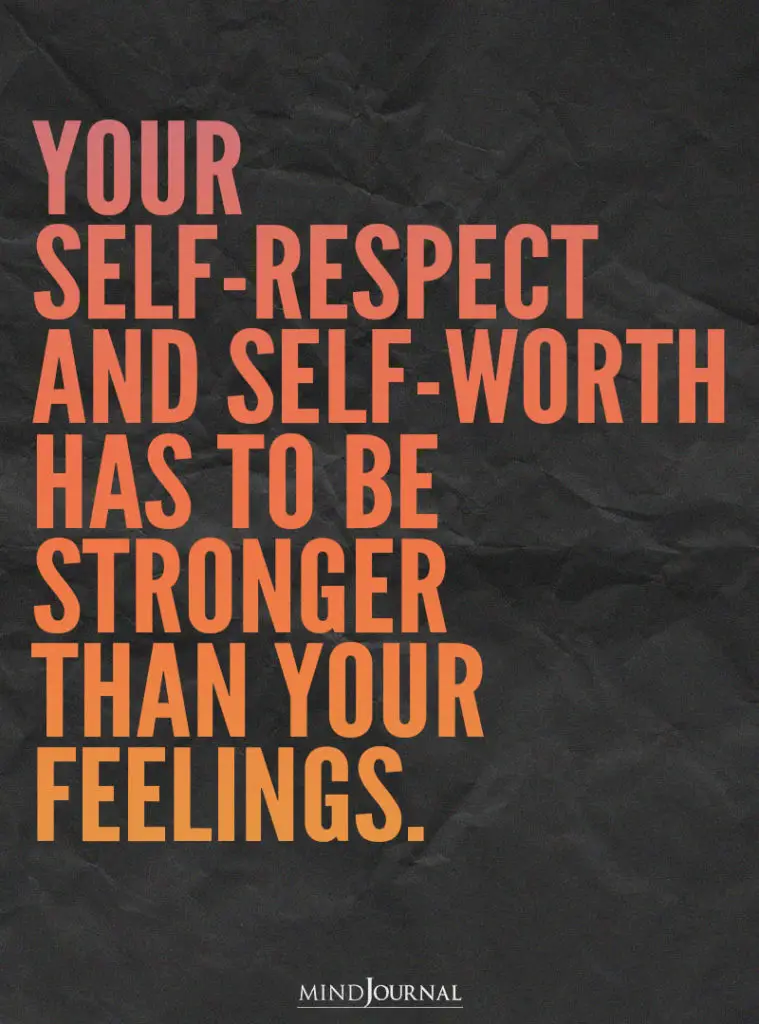
Read 7 Inner Archetypes That Cripple Your Confidence and Self-Respect
2. Talk to your partner
Take some time out and sit down with your partner to have an open and honest conversation about how their controlling behavior affects you. Make sure you’re calm and composed and refrain from getting too emotional. Moreover, you need to be patient and assertive while listening to your partner.
Tell your boyfriend or girlfriend how much you love them and try to make them feel safe and secure in the relationship.
3. Expect retaliation
It is not easy for anyone to accept criticism directly, especially when it comes from the person they love. Understand that your partner may feel offended, upset, dismissive and angry when you talk to them. So it’s crucial that you are mentally prepared to deal with their reaction and that you remain calm.
4. Give it time
If your partner listens, understands and agrees with you, then give them the time and space to work on themselves and make things better. If you love your partner and think your relationship can have a better future, then you need to be patient. Understand that things can get messy and there will be slip-ups. You can’t expect someone to change their behavior in a matter of days.
Support your partner during this transition period and help them through the process. However if things still don’t work out, it is better to end the relationship for your own mental and emotional well being.
Read What Is Love Addiction: 5 Symptoms Of Love Addiction And How To Stop It
Never accept toxic possessiveness
“You must love in such a way that the person you love feels free.” – Thich Nhat Hanh
Being smothered and suffocated in your relationship can be extremely frustrating and stressful. If you feel your partner is controlling and manipulating you in the name of love, then you need to take a stand and start being assertive.
Being in a relationship should not feel like a life sentence. It should feel empowering and liberating. Follow the tips shared above and try to guide your partner towards building a healthier and happier relationship.
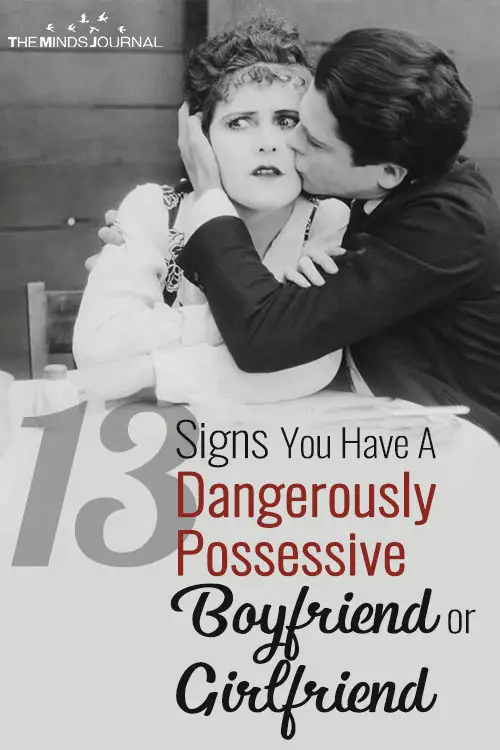






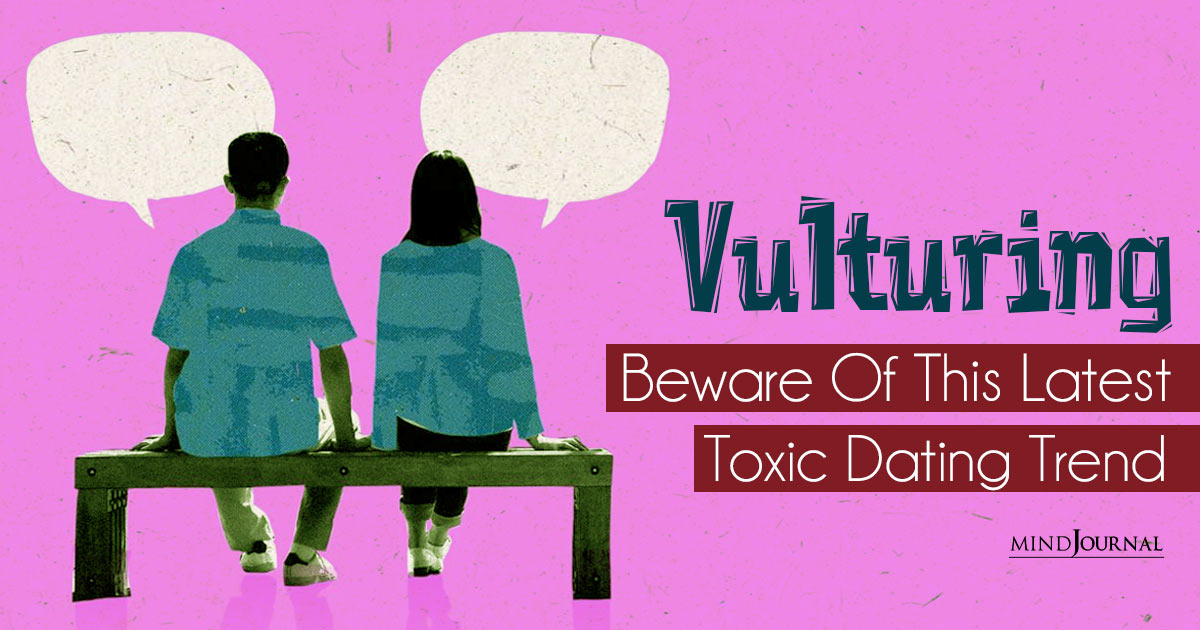
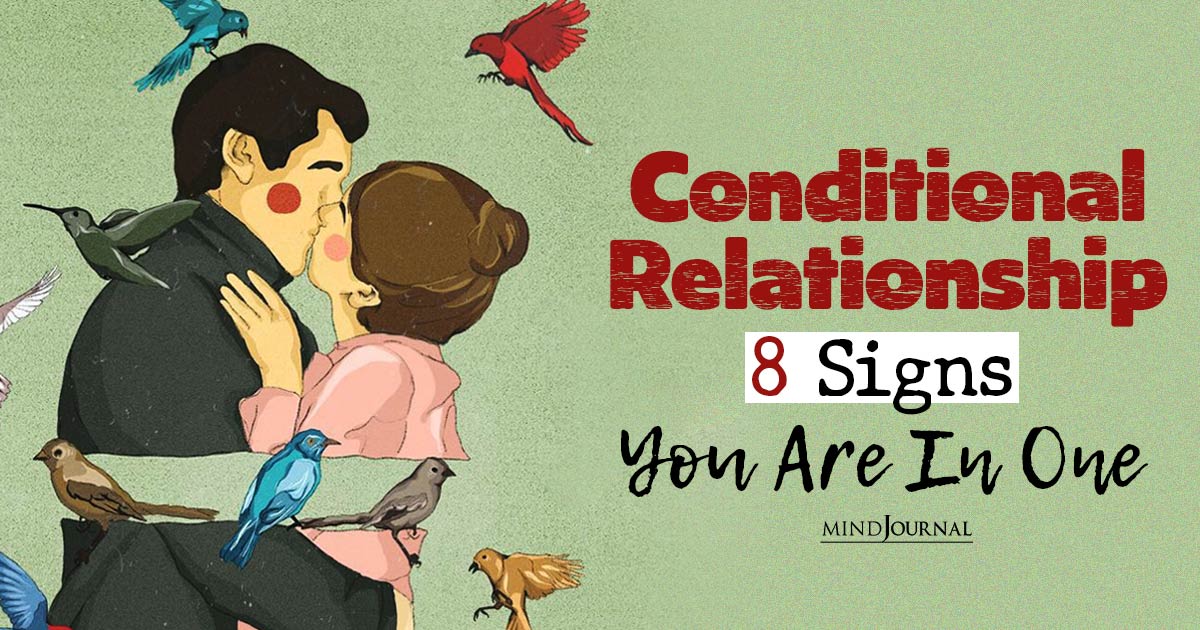

Leave a Reply
You must be logged in to post a comment.